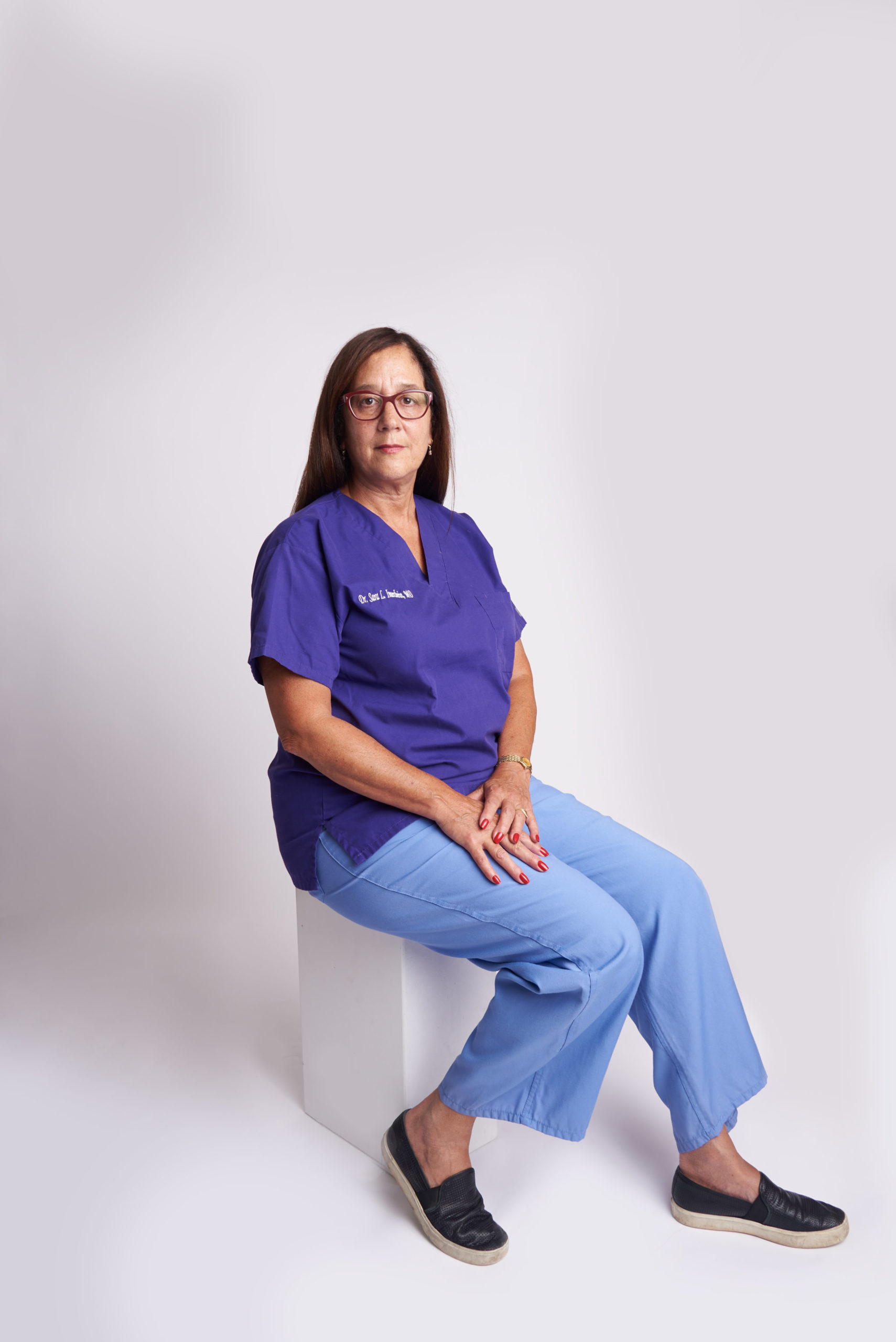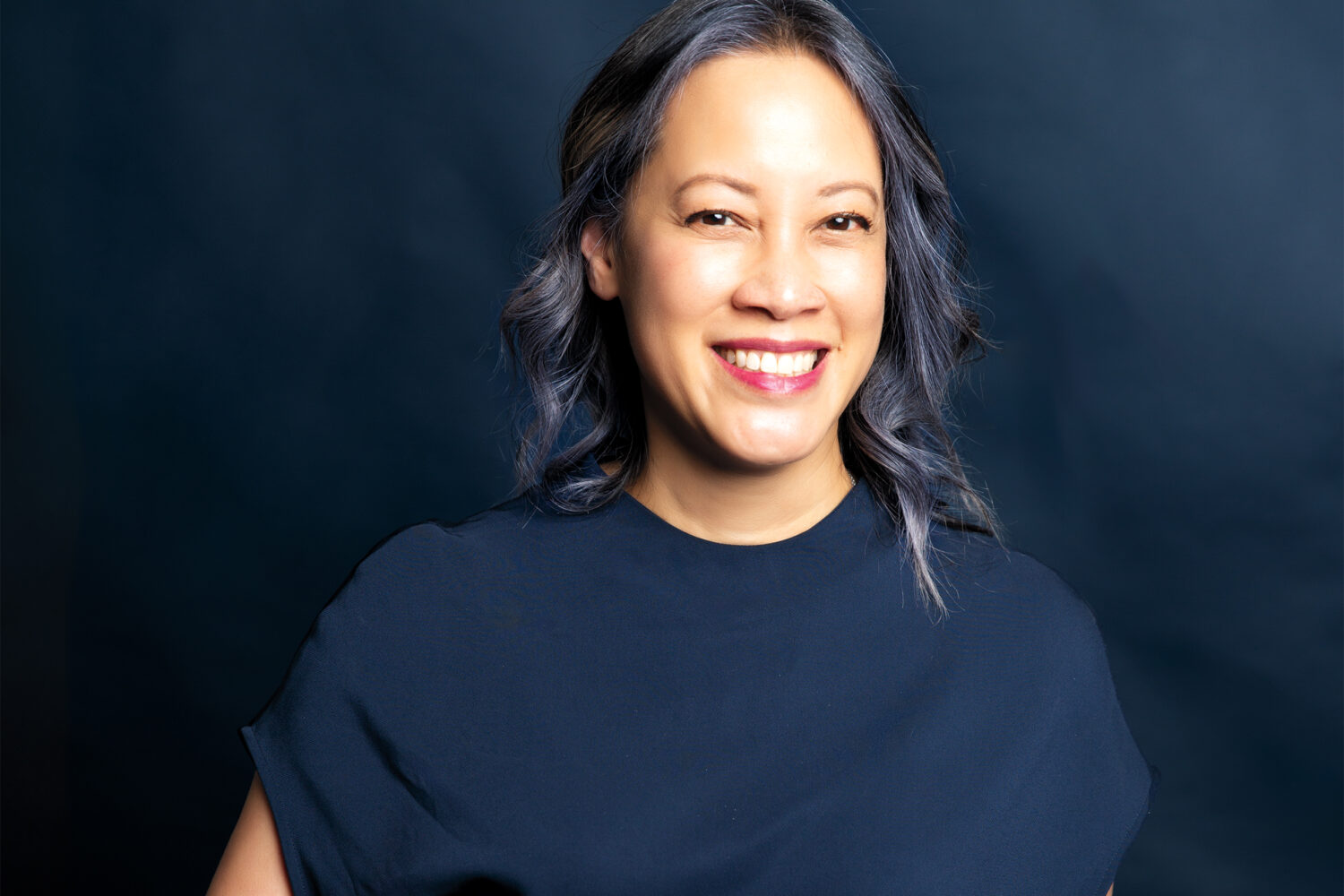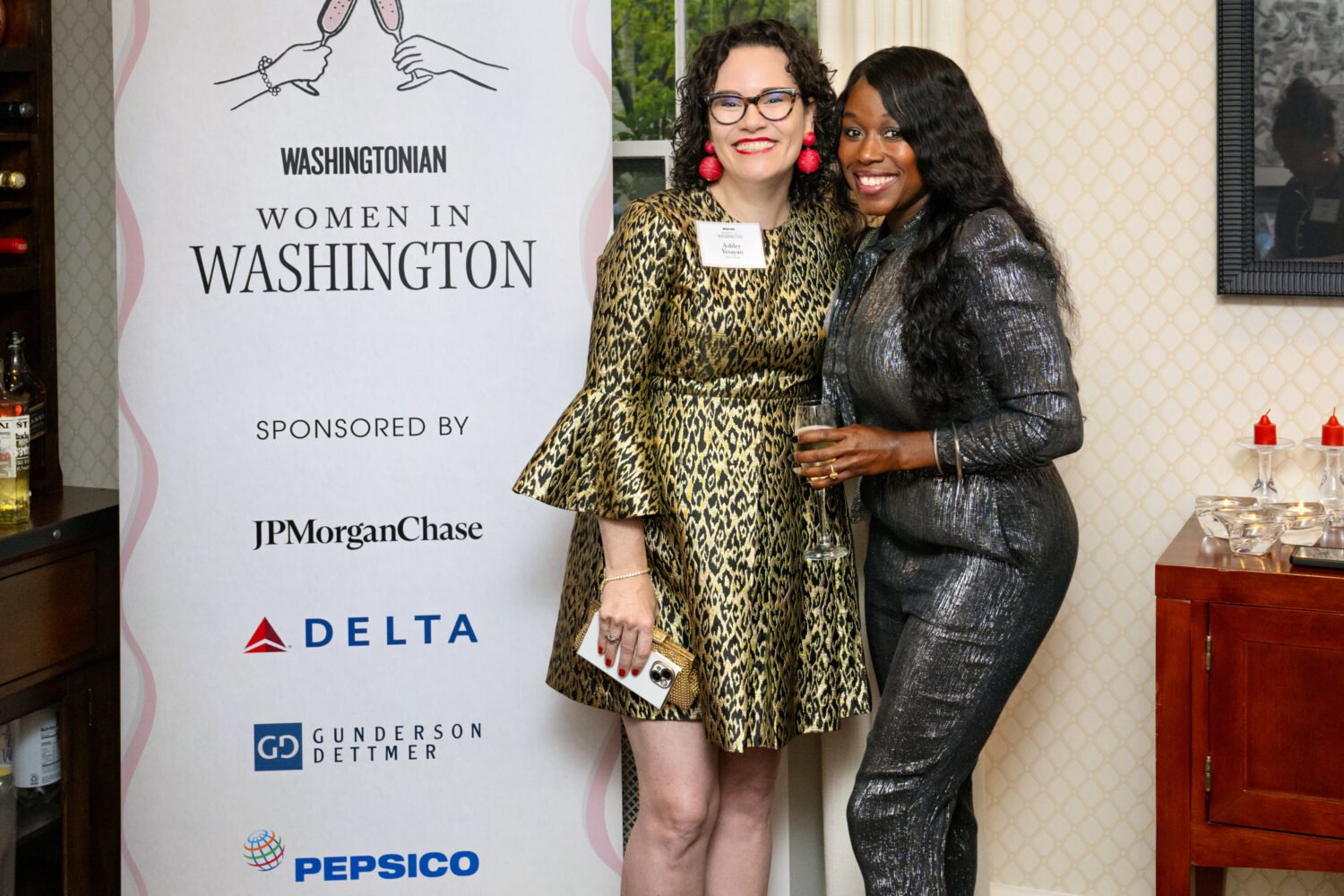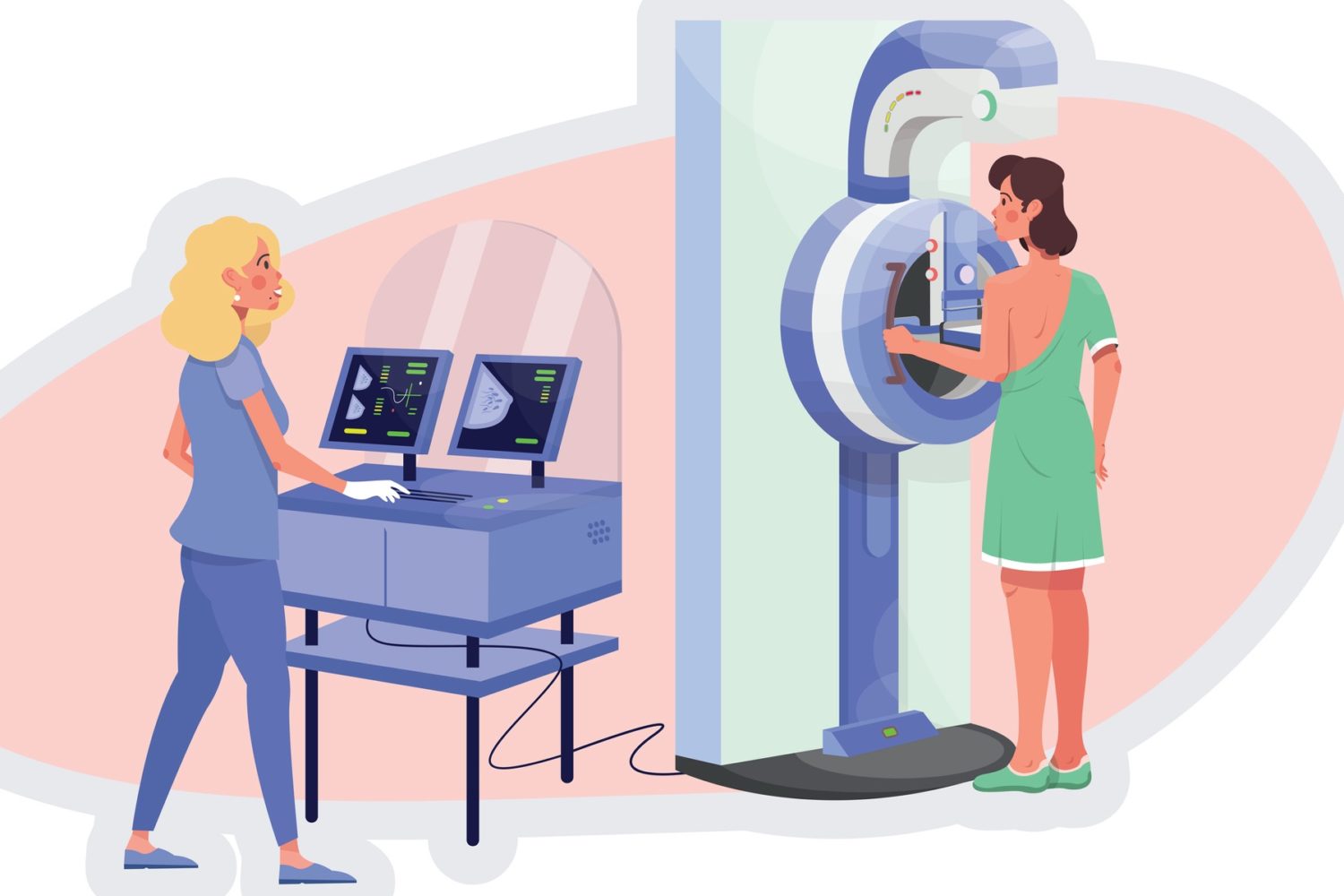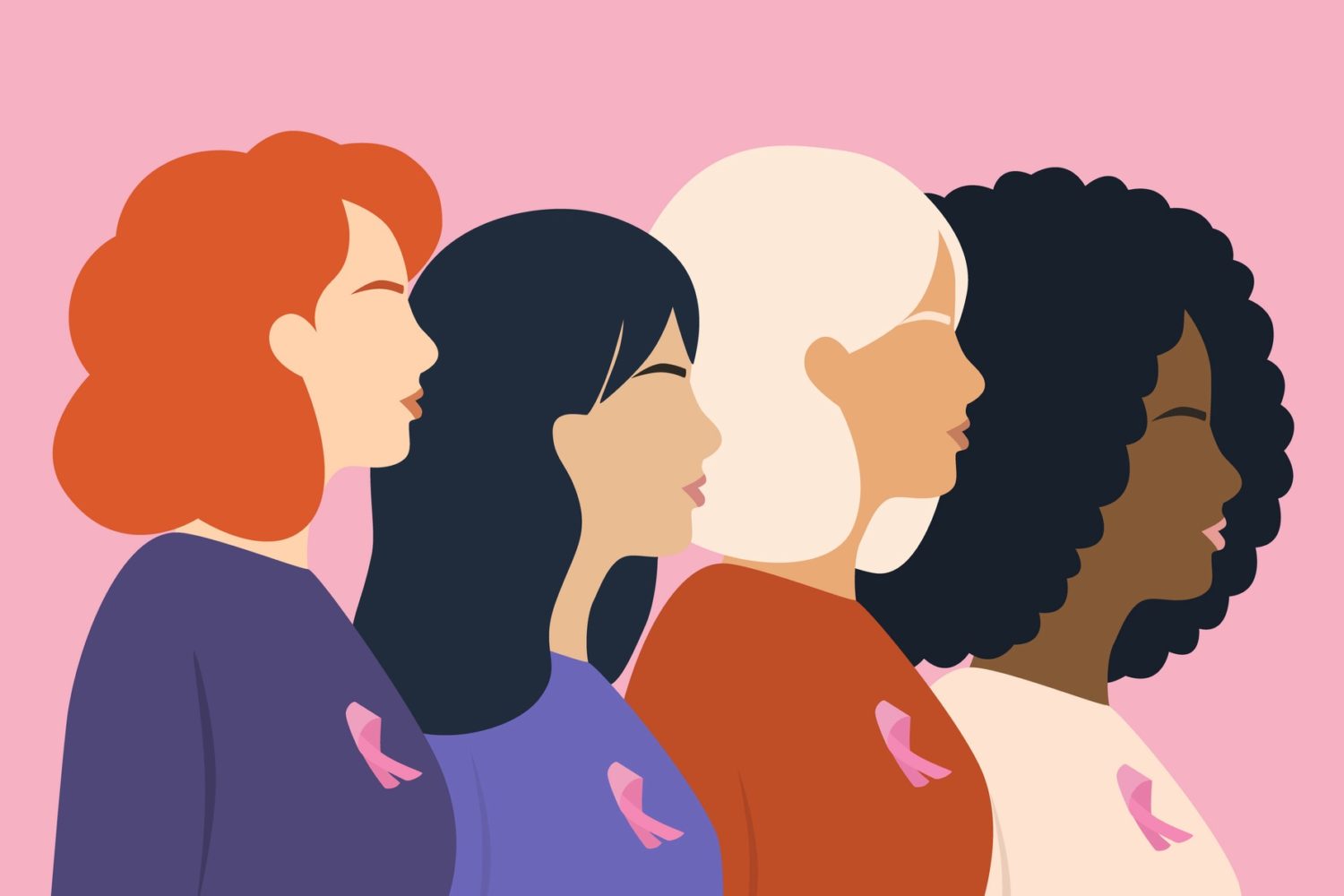After years in private practice, Dr. Sara Imershein, 65, went to work for a suburban clinic that specializes in terminating pregnancies.
“I had been afraid as a young mother to be out front. Sometime in the 1990s, many obstetricians found our homes and neighborhoods papered with fliers saying horrible things about us. A neighbor called me, and said, ‘Hi, I just want you to know that these fliers are there.’ And then she stops and goes, ‘You should know that what you do is your own business, and you should know that our home is safe if your children need a place to go.’ That night or the next night, the doorbell rang and there was a letter signed by 20 neighbors saying that they support me.
“Along the line, I really got the typical burnout. Somewhere around age 46 or so, I stopped doing obstetrics and focused just on gynecology. In my late fifties, I got a master’s in public health. Through that, I studied the politics, the access issues, and I opened my eyes to the reality of a population I wasn’t dealing with in my private practice. I had always wanted to focus on abortions. Oh, my God—I had 30-plus years of medical experience behind me and patient stories I could share. My children were out of the house.
This story is part of Washingtonian‘s feature “What It’s Like to Be a Woman in Washington.” For more:
[su_posts id=”862395″ order=”desc” ignore_sticky_posts=”yes”]
“In 2013, I was hired to work part-time at the Falls Church Healthcare Center and one day a week at Planned Parenthood, supervising the ob-gyn residents from Georgetown/Washington Hospital Center. What I love about abortion care is that every patient’s most pressing problem is almost always solved that day. Here’s something where I could do something that was technically really easy for me, and I could impact people substantially. I introduce myself to my patients, but 95 percent of them don’t remember my name. They say thank you. They look relieved. They may be anxious, they may cry. Watching the relief of my patients is so gratifying, to know that I’m having such a big impact on each one of these women’s lives, that their lives would be forever changed if they were forced to bear children. I think for most it’s because they already have kids—60 percent are mothers. Some have had many abortions. They knew they shouldn’t be mothering. I just have to respect their reasons.
“I’ve gone around the block a few times to avoid the protesters. Some call me out by name. One day, they were yelling at me with a bullhorn. I thought someone had a camera, so my hair was in the way, and I remember one of the people saying, ‘Stand up and show your face!’ Whatever they say, I just do not engage. And believe me, I’m not shy. I could get into a screaming match with somebody. But safety is more important than making a point.”
This article appears in the October 2019 issue of Washingtonian.

